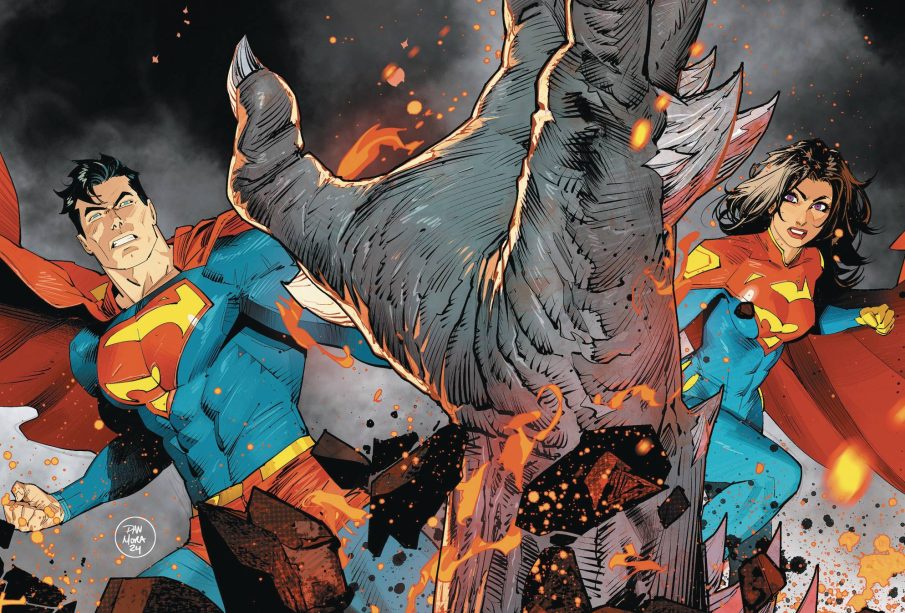The Enduring Legacy of Superman: A Cultural Icon

Introduction
Superman, created by Jerry Siegel and Joe Shuster, first appeared in Action Comics #1 in 1938. Since then, he has evolved into one of the most recognisable superheroes globally. His importance lies not only in his extraordinary abilities but also in his representation of idealism, morality, and hope. Superman’s influence spans across generations, shaping the superhero genre and serving as a lens through which societal values and issues can be explored.
The Evolution of Superman
From comics to blockbuster films, Superman has undergone significant transformations. The original depiction of the character was a more forceful and aggressive hero, mirroring the turbulent socio-political landscapes of the 1930s and 1940s. However, by the time the 1978 film starring Christopher Reeve was released, Superman had been reimagined as a symbol of optimism and virtue. This cinematic portrayal elevated the character, establishing the template for superhero films in the decades to follow.
In recent years, Superman has also been featured in popular television series like “Supergirl” and streaming platforms such as HBO Max with “Zach Snyder’s Justice League.” These adaptations continue to delve into the duality of his character: a powerful alien and a vulnerable human.
Superman in Contemporary Society
As societal values shift, so too does Superman’s character. Recent comic arcs and films have tackled contemporary issues such as identity, immigration, and climate change. The 2021 comic series, where Superman adopts the identity of Jon Kent, addresses issues of bisexuality, reflecting a broader acceptance of LGBTQ+ narratives in mainstream media. This serves as a testament to how Superman remains relevant by engaging with current social dialogues.
Moreover, Superman has found a place beyond entertainment as a cultural symbol for justice and the fight against oppressive regimes. His stories resonate with audiences grappling with issues of heroism and morality in uncertain times. The quintessential hopeful message, “Truth, Justice, and the American Way,” remains a mantra that inspires many.
Conclusion
Superman is more than just a superhero; he embodies the hope of humanity and the struggle between good and evil. His legacy influences not only the comic book industry but also film-making and societal values as a whole. As we look to the future, it is likely that Superman will continue to evolve, staying relevant and inspiring new generations. Whether in comics, films, or television, the story of Superman teaches important lessons about courage, compassion, and the enduring power of hope.









